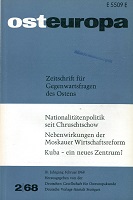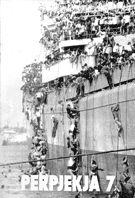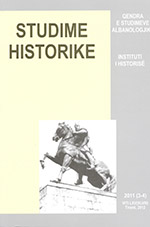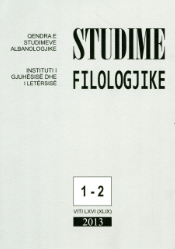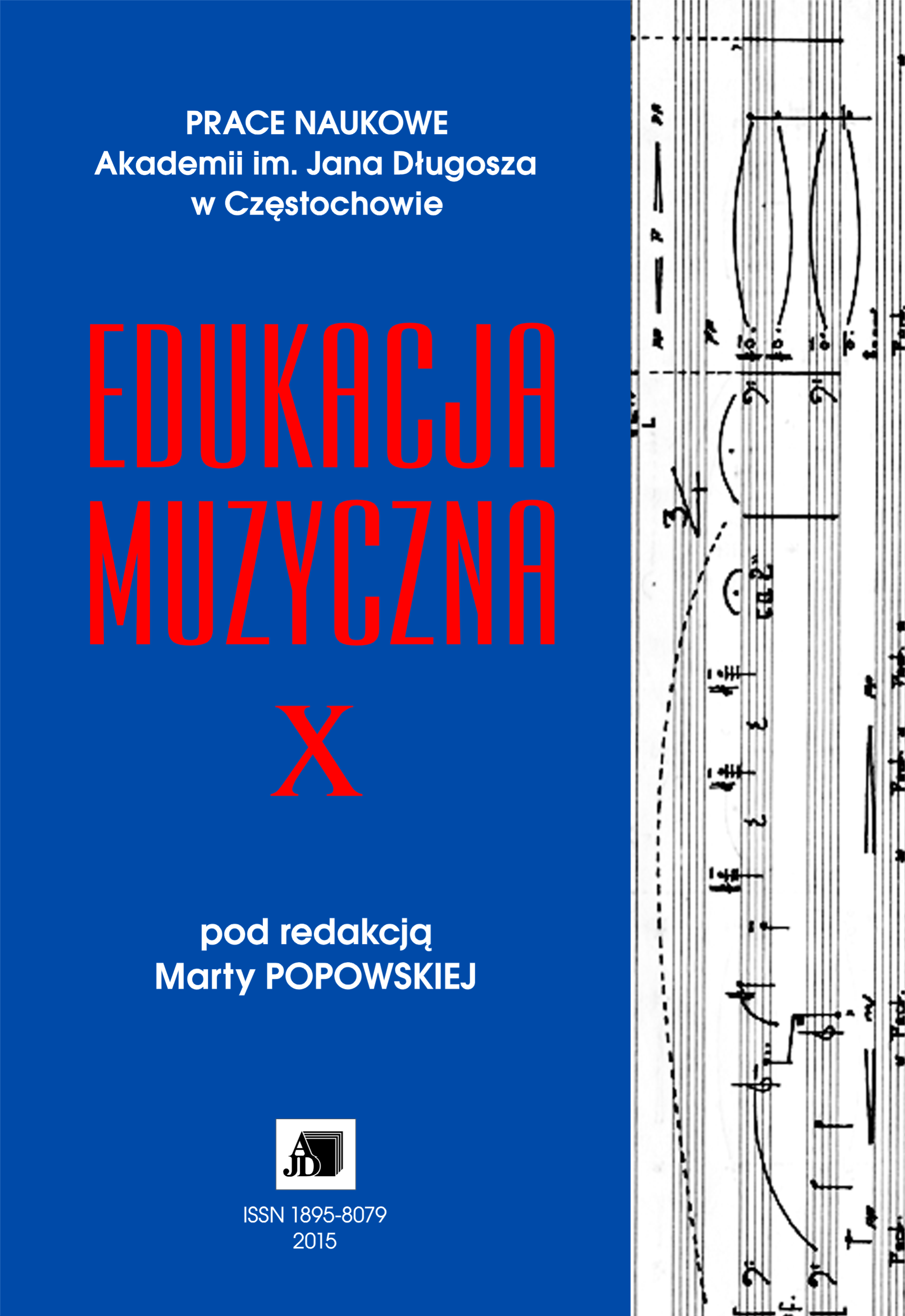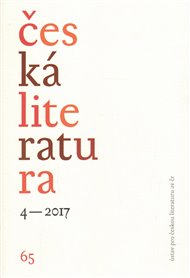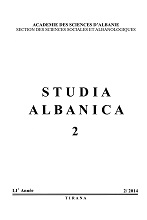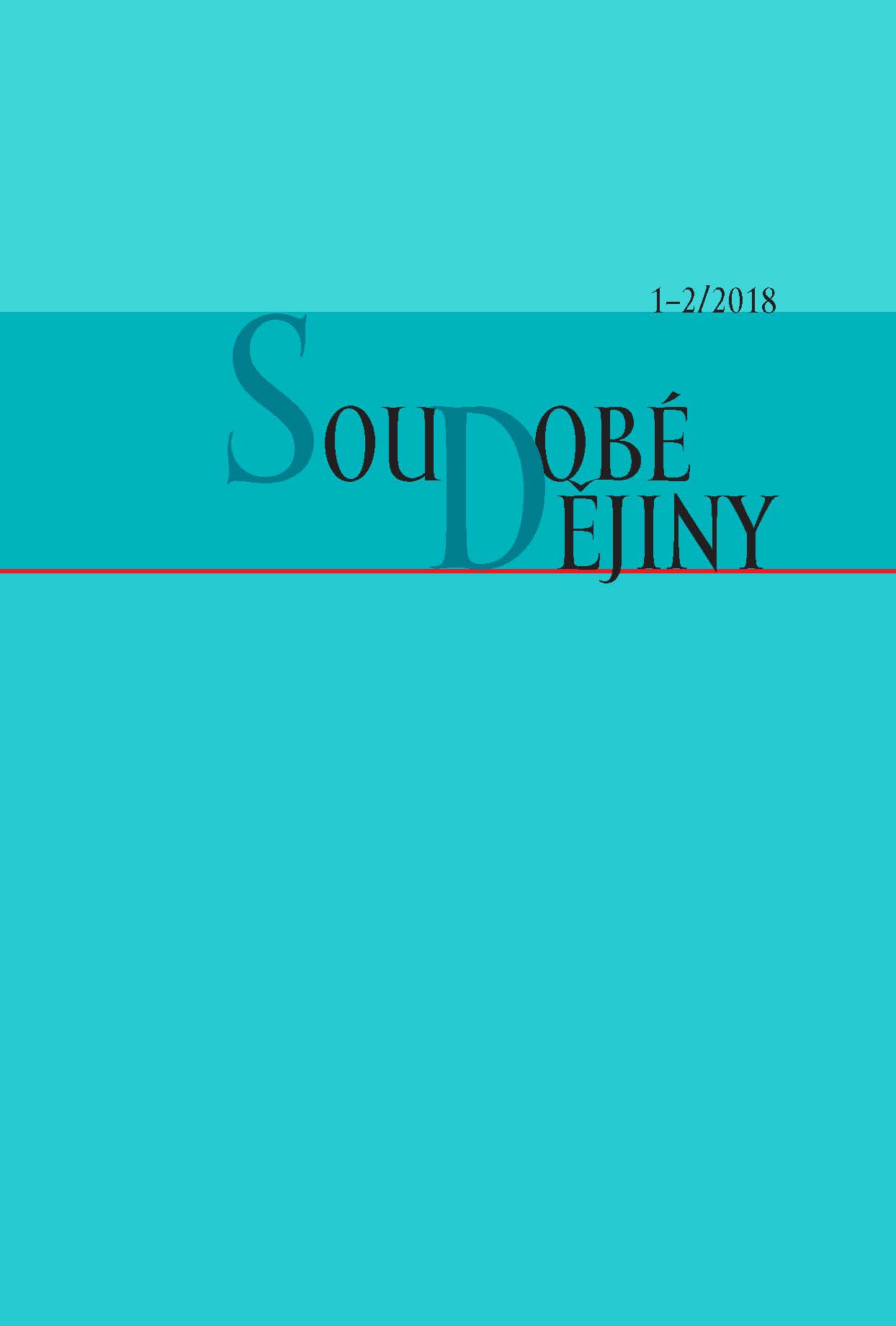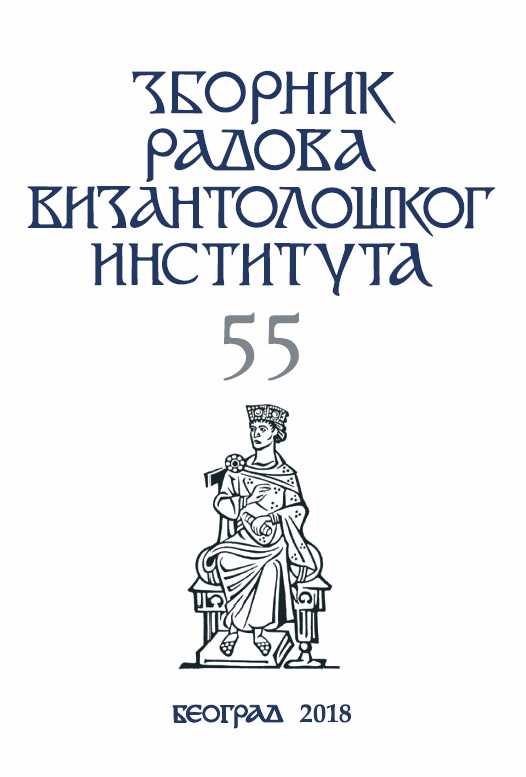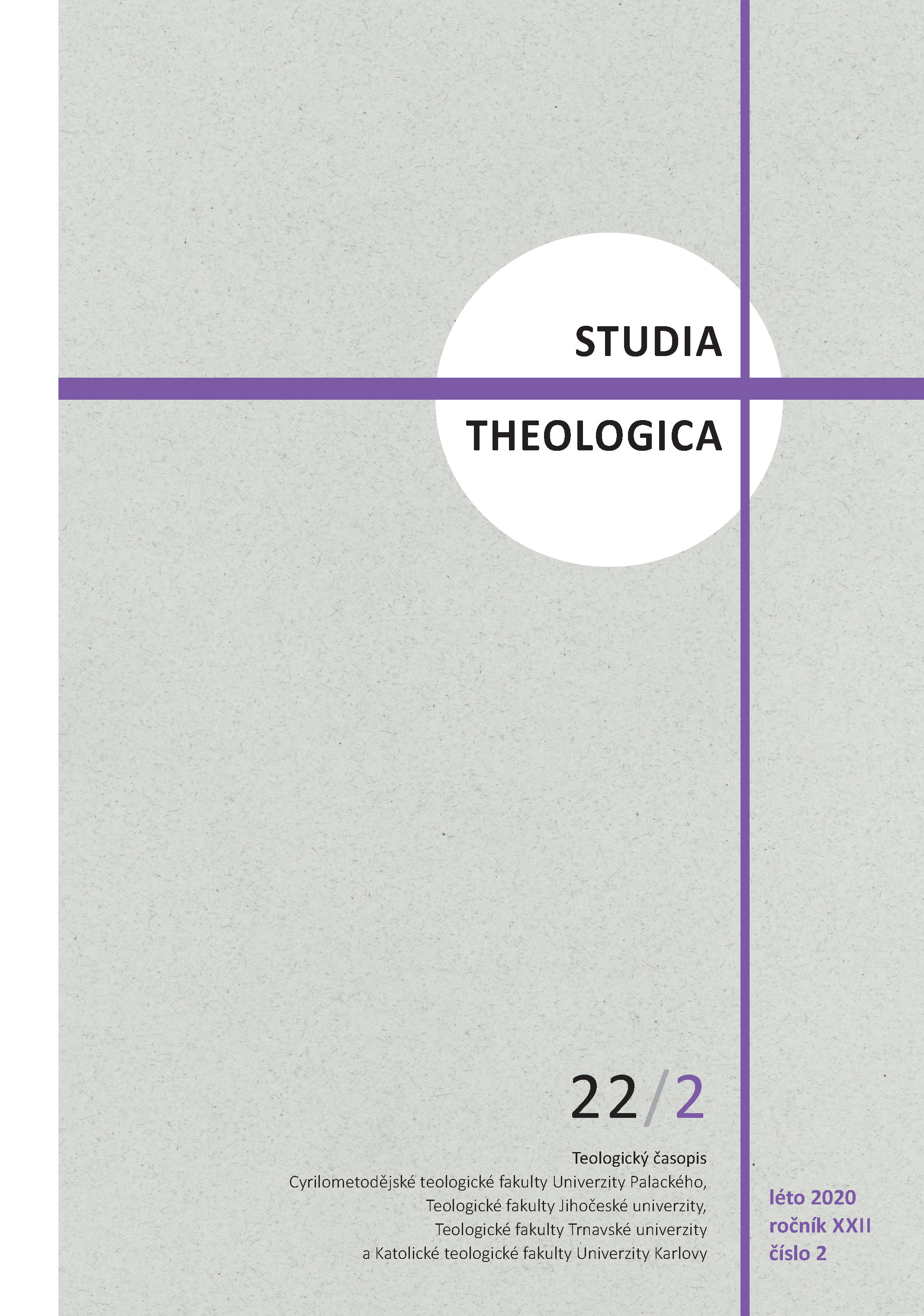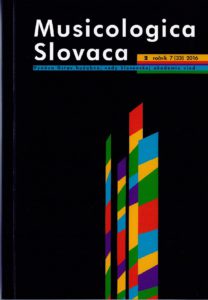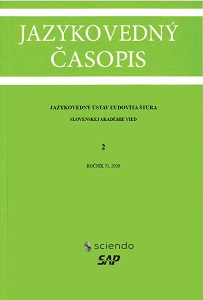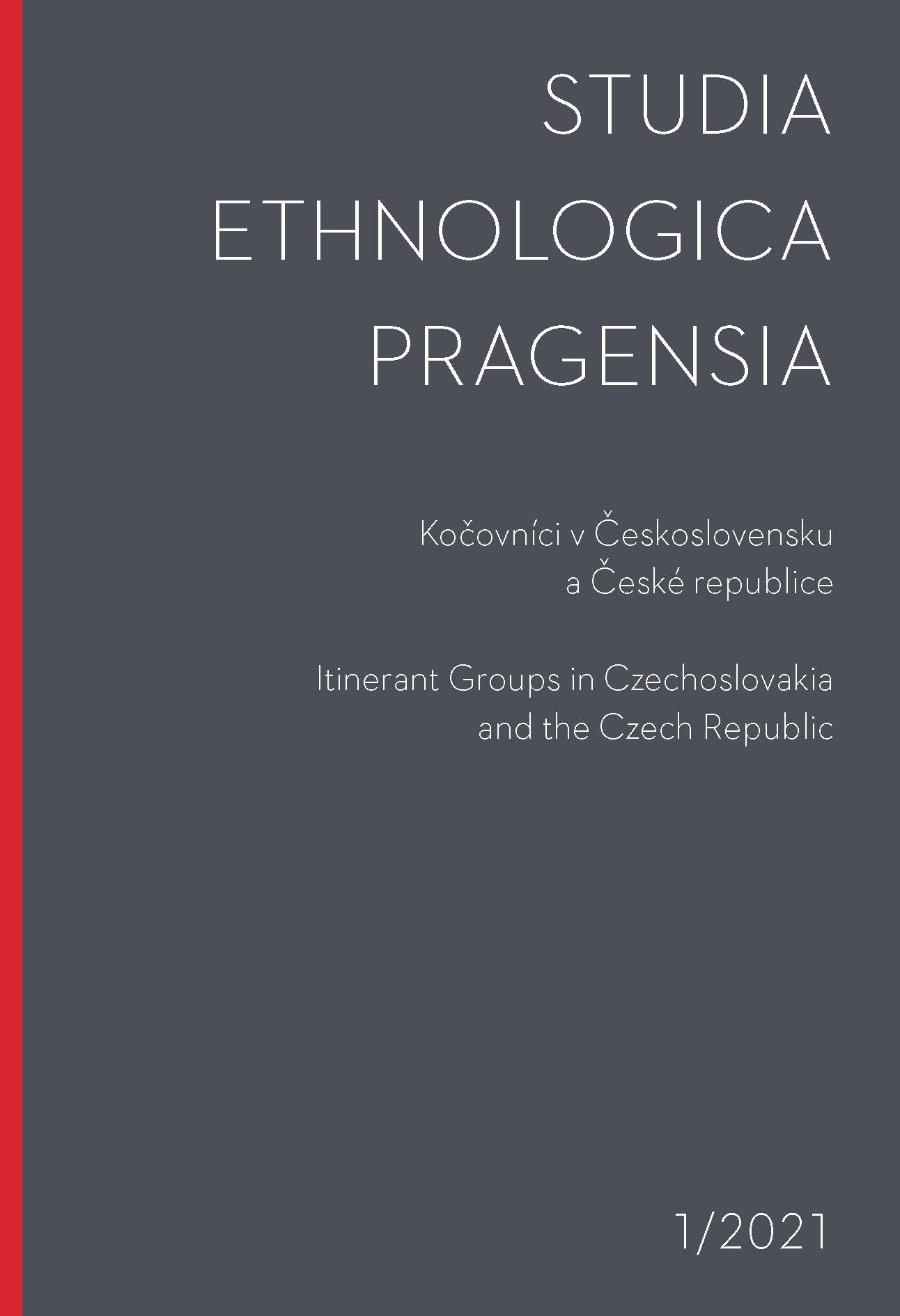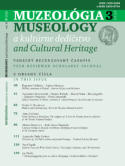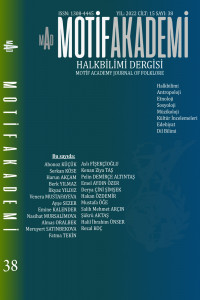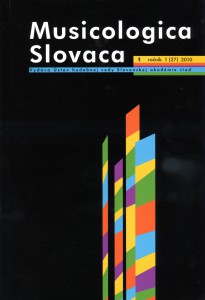Can the Linguistic Terminology Be Profitable to the Musical Theory?
Může být lingvistická terminologie užitečná hudební teorii? K analogii hudby a řeči
The key point of the study striving to solve the title question (whether the linguistic terminology can be profitable to the musical theory) is in flection, flexibility of both language and musical forms. It is to show the possibility of applying phonological nomenclature to the musical material which could lead to putting the musical theoretical metalanguage more precisely. The text deals with some vague notions, let us say with the vague treatment of them, for example the definitions and descriptions of the musical scales–the grade and the tone as its representative are sometimes not satisfactorily distinguished (consequently, an analogy of langue and parole). Here the principle of variability and in flection of grades/tones is obvious. What is also synoptically mentioned in the study are the theoretical works which somehow have implied the tone inflection phenomena before. The inflection of grades/tones is studied within the minoraiol scale, some blues scales (eight and nine tones’ ones) and the so-called ultradiatonical scale which has been set up on the basis of paradigmatization of the Moravian folk songs. What is particularly discussed is the application of the phonological terms phoneme (a meaning unit) – allophone (a variant of phoneme) – phone (speech sound, a concrete realization of the meaning unit): from the point of view of the musical theory potentially as toneme – allotone – tone. In the end the plentitude of the musical inflection in concrete musical artefacts is supported by the demonstrated samples of Moravian folk songs.
More...
